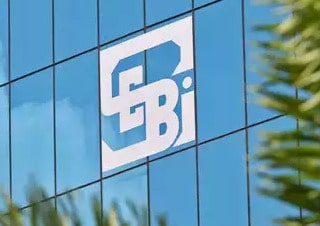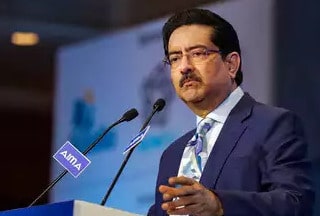According to a recent report, the Goods and Services Tax Network (GSTN) has improved significantly over the past five years, indicating a positive trend in the implementation of the Goods and Services Tax (GST) regime in India.
The report, which was released by the Centre for Monitoring Indian Economy (CMIE), states that the GSTN has improved significantly in terms of compliance, payment, and refunds. The Goods and Services Tax Network is a system that provides a unified platform for taxpayers to register, file returns, and make payments under the Goods and Services Tax regime.
The report also highlights the increase in the number of taxpayers who have registered under the Goods and Services Tax regime, which has risen from 6.4 million in 2018-19 to 10.4 million in 2021-22. This suggests that more businesses are coming under the Goods and Services Tax ambit and are contributing to the government’s tax revenue.
The report further points out that the average time taken for the processing of refund claims has reduced from 15 days to 10 days, indicating that the Goods and Services Tax Network is becoming more efficient in processing taxpayer refunds.
One of the major challenges faced by the Goods and Services Tax Network was technical glitches in the system. The report notes that the Goods and Services Tax Network has addressed these issues by introducing a new system called the “New Returns System” (NRS), which is expected to make the GST filing process more convenient and user-friendly. The NRS system was launched in January 2021 and is expected to be fully implemented by April 2022.
The report also suggests that the introduction of the e-invoicing system has contributed to the efficiency of the Goods and Services Tax Network. The e-invoicing system was introduced in October 2020 for businesses with a turnover of over Rs 500 crore. It will be mandatory for businesses with a turnover of over Rs 100 crore from January 2022 and for all businesses from April 2022. The e-invoicing system enables businesses to generate invoices in a standard format, which can be used by the GSTN for the processing of returns and refunds.
Despite the improvements in the GSTN, the report notes that there are still some challenges that need to be addressed. One of the major challenges is the high rate of tax evasion under the GST regime. According to the report, tax evasion is estimated to be around 25% of the total tax revenue under the GST regime.
The report suggests that the government needs to take steps to address the issue of tax evasion, such as increasing the use of technology to track and monitor tax payments and introducing stricter penalties for non-compliance. In addition, the report recommends that the government should invest more in digital infrastructure and anti-corruption initiatives to improve transparency and ensure that taxes are paid on time. The report also suggests that educational campaigns should be rolled out to raise awareness about taxation and compliance issues among businesses and individuals.
The report also recommends that the government should simplify the GST structure to reduce the compliance burden on taxpayers. The report suggests that the government should consider reducing the number of tax slabs and eliminating exemptions and special rates.
Overall, the report suggests that the GSTN has made significant progress over the past five years and that the government’s efforts to streamline the GST regime are beginning to bear fruit. However, there is still a long way to go, and the government must continue to work towards improving the GSTN and addressing the challenges that still exist.










